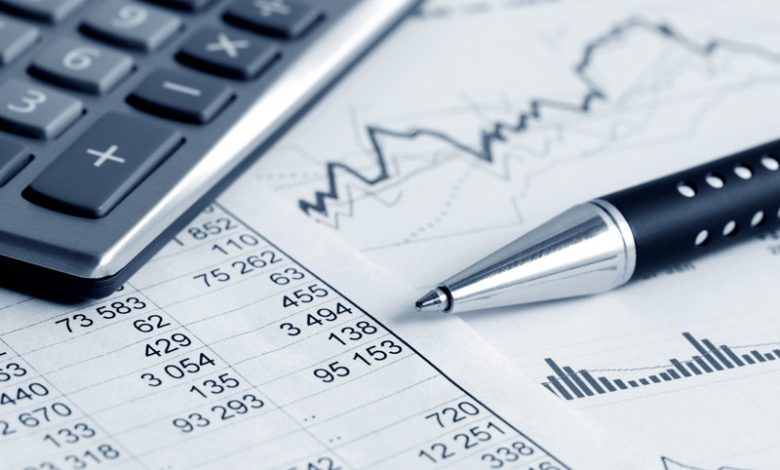
Macri Predicts Healthy Growth and Lower Inflation in 2017, According to Reuters
By Nicolás Misculin and Saul Hudson
BUENOS AIRES – President Mauricio Macri has projected a 3.5 percent growth for Argentina’s economy in 2017, attributing this optimism to increased investment as the nation emerges from recession and grapples with persistent inflation.
In an interview, Macri noted that investment is on the rise, particularly in agriculture, and expressed confidence that monthly inflation rates will decrease steadily. A former businessman, Macri took office in December, marking a shift from 12 years of left-wing governance. He anticipates that the economy will stabilize in the final quarter of 2016 and achieve growth of 3.5 percent in the coming year.
This outlook represents a more optimistic revision from his earlier forecast of a growth range between 3 and 3.5 percent for 2017. "There are sectors that have reacted with dynamism. The first was farming," Macri remarked during a discussion at the Casa Rosada presidential palace as part of a Reuters summit focused on Argentina.
Despite implementing several pro-business reforms since assuming office, Macri’s government has yet to witness a full economic recovery. The economy is projected to contract by approximately 1.5 percent in 2016, with inflation expected to finish the year around 40 percent. Key sectors, including automobile manufacturing and construction, continue to face challenges, raising concerns among economists about the pace of investment critical to Macri’s economic strategy.
Macri acknowledged that the recession in Brazil, Argentina’s primary trading partner, is hindering the recovery. However, he expressed satisfaction with the levels of new investment since he took the presidency, projecting that further inflows will occur as his administration works to control inflation, which he hopes will drop to 17 percent next year. "Month by month it is starting to come down. That will create stability to bolster the investment process, ultimately generating jobs," he added.
Tensions and Challenges
Eight months into his presidency, Macri continues to receive substantial support, although policies aimed at reducing government payrolls and cutting utility subsidies have triggered strikes and protests. In an effort to combat poverty and increase employment, the government introduced a $7 billion infrastructure plan, though significant expenditures from this budget have yet to materialize.
Macri’s administration is also exploring new funding sources to stimulate growth, including an amnesty program for Argentines with offshore assets, allowing them to return their funds at a reduced tax rate by investing in local mutual funds or government bonds.
While initiatives for infrastructure improvement and tax reductions could strain government finances, Macri remains committed to achieving a fiscal deficit target of 3.3 percent in 2017.
Known for his emphasis on punctuality, Macri enforces strict attendance rules for his ministers and closely monitors energy consumption, turning off lights in the presidential palace to save power. The interview with Reuters was conducted in an unheated room in Buenos Aires, reflecting the chilly conditions of the southern hemisphere winter.
Lacking a majority in Congress poses a potential political risk for Macri, particularly if opposition leaders, especially those from the Peronist camp, mobilize labor unions against his government. Despite this, he has retained support from several Peronist lawmakers and state governors, even amidst tensions with former President Cristina Fernandez. Macri is optimistic about maintaining these alliances, stating, "We are learning the practice of permanent dialogue."
 GOOGL
GOOGL  META
META 


